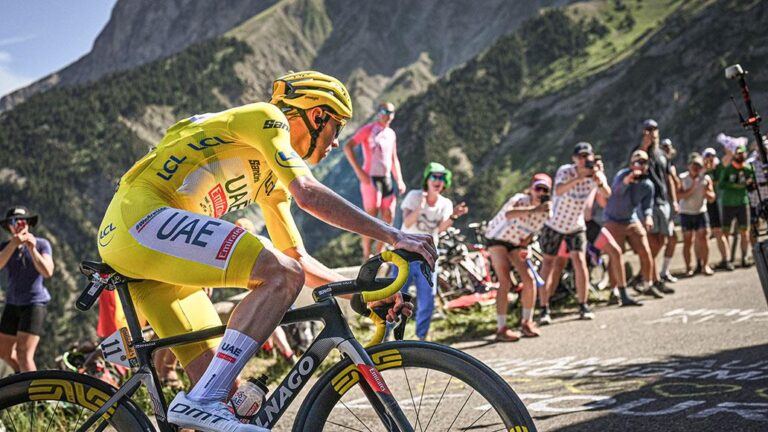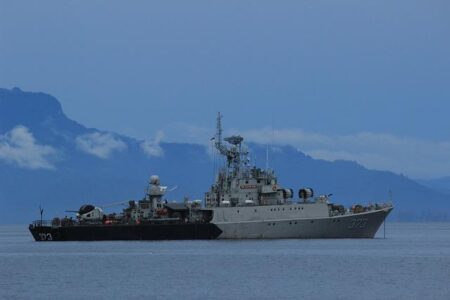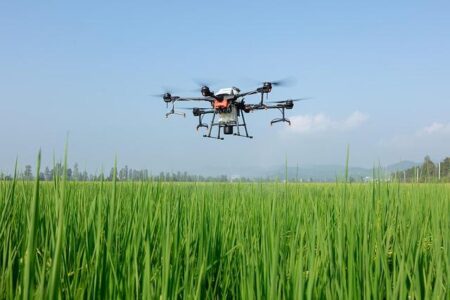The iconic Montmartre climb, a highly anticipated section of this year’s Tour de France, will no longer count toward riders’ official times due to adverse weather conditions, race organizers announced Friday. The decision comes as safety concerns mounted amid heavy rain and slick roads, prompting officials to neutralize the segment to protect the cyclists. This move marks a rare alteration to the race’s challenging route, underscoring the impact of unpredictable weather on one of cycling’s most prestigious events.
Montmartre Climb Excluded From Tour de France Final Times Amid Severe Weather Concerns
Race organizers have confirmed that the iconic Montmartre climb will be excluded from the final times in this year’s Tour de France stage. This unprecedented decision comes after meteorological forecasts predicted severe weather conditions, including heavy rain and strong winds, that could jeopardize rider safety on the notoriously steep ascent. While the climb will still be included in the route, its timing will be considered unofficial and will not affect the general classification standings.
Key factors influencing the decision included:
- Forecasts of hazardous weather posing risk of accidents
- Ensuring fair competition among all athletes
- Preserving the integrity of the race under challenging circumstances
| Stage Segment | Impact on Timing | Reason |
|---|---|---|
| Montmartre Climb | Excluded | Severe Weather Concerns |
| Flat Sections | Included | Safe Conditions |
| Downhill Stretch | Monitored | Variable Weather |
Impact of Weather Conditions on Race Strategy and Rider Performance
Unpredictable weather conditions have a profound influence on race strategy, often forcing teams and riders to adapt instantaneously. The decision to exclude the Montmartre climb from the final time classification underscores how rain, wind, or extreme heat can compromise safety and performance. Teams recalibrate their tactics, sometimes opting for a more conservative approach to preserve energy and avoid crashes. Wet descents and slippery ascents require riders to balance aggression with caution, placing a premium on bike handling skills and real-time decision-making.
Key factors altered by adverse weather include:
- Reduced risk-taking during critical segments
- Altered pacing to manage fatigue and focus on survival
- Strategic use of shelter positions within the peloton
- Increased importance of team communication and support
| Weather Element | Impact on Riders | Strategic Adjustment |
|---|---|---|
| Heavy Rain | Slippery roads, higher crash risk | Conservative bike handling, slower descents |
| Strong Winds | Increased energy expenditure | Drafting tightly, use of echelons |
| High Temperatures | Dehydration, heat exhaustion | Hydration focus, pacing for endurance |
Recommendations for Teams Managing Unpredictable Course Changes in Future Stages
Teams must adopt a fluid strategic approach when confronted with sudden course changes, such as the recent decision to exclude the Montmartre climb timings. Prioritizing real-time communication between directors, riders, and support staff is essential to quickly reassess race dynamics and adjust pacing, nutrition, and energy expenditure accordingly. Utilizing advanced weather forecasting tools and maintaining close contact with race officials can provide early warnings, enabling teams to prepare contingency plans that minimize disruptions and maintain competitive edge.
In addition, mental resilience training should be integrated into athletes’ preparation programs. Unpredictable modifications can fracture morale, so teams should emphasize psychological flexibility and teamwork to sustain focus despite uncertainty. Below is a recommended checklist to navigate future stage adjustments effectively:
- Establish a rapid decision-making protocol involving key team figures.
- Implement adaptive race-day strategies for varying weather and route conditions.
- Enhance data-sharing platforms for real-time course updates.
- Foster open communication channels between riders and management.
- Train riders emphatically on handling unexpected scenarios.
| Challenge | Recommended Response | Expected Outcome |
|---|---|---|
| Sudden route cancellation | Immediate strategic recalibration | Maintained team cohesion and pacing |
| Adverse weather conditions | Pre-race weather scenario training | Increased rider adaptability |
| Unplanned timing exclusions | Flexible targeting of intermediate sprints | Optimized point accumulation |
In Summary
As the Tour de France riders face the unexpected exclusion of the Montmartre climb from their final times due to adverse weather conditions, the race organizers emphasize safety above all. While this decision alters the dynamics of the stage, it underscores the unpredictable nature of outdoor sports and the ongoing challenge of balancing competition with rider welfare. Fans and competitors alike will now turn their focus to the remaining segments as the race continues to unfold under ever-changing circumstances.




